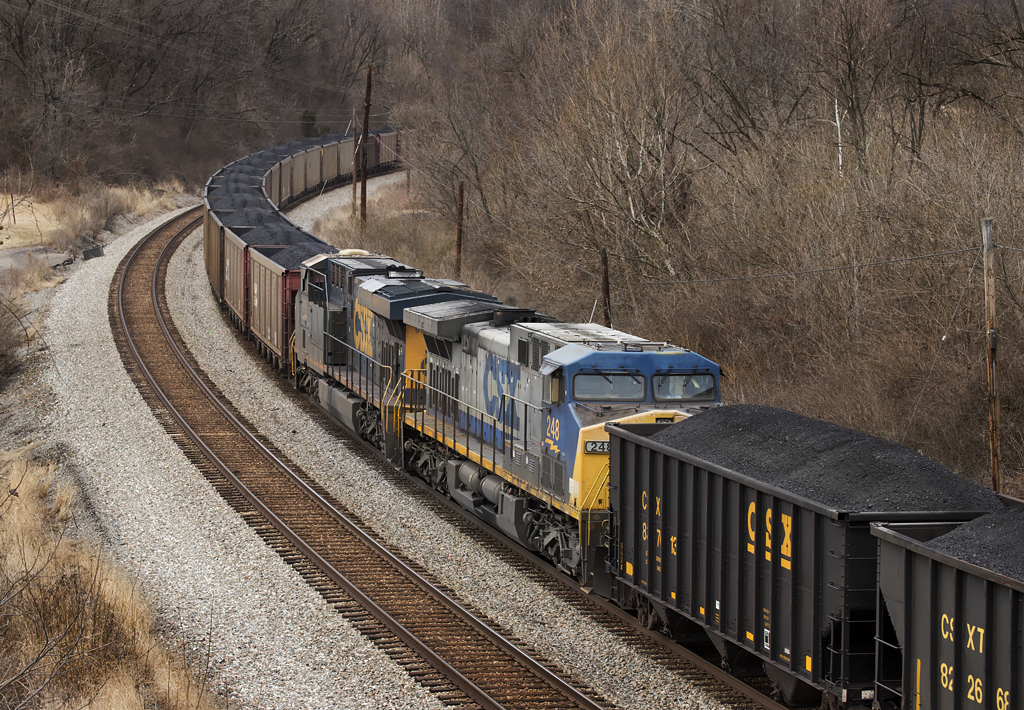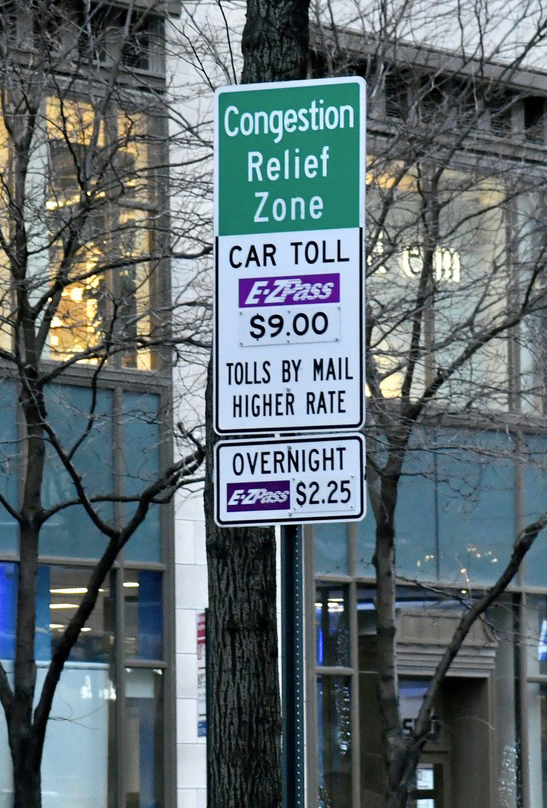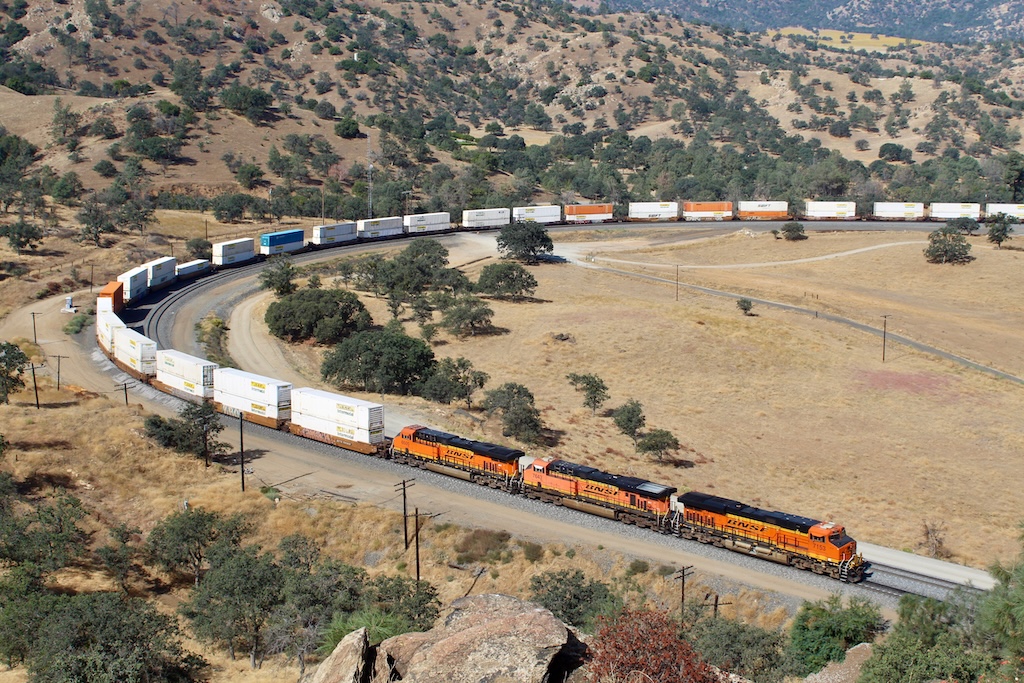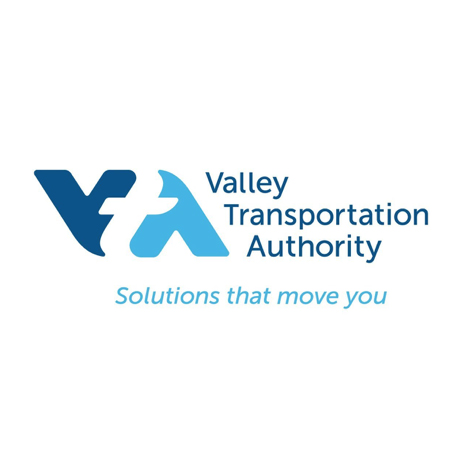
JACKSONVILLE, Fla. — CSX revenue and profits declined in the fourth quarter as growth in merchandise and intermodal traffic was not enough to overcome sharp declines in coal and fuel surcharge revenue.
The impact of a pair of hurricanes — both of which affected traffic bound to and from Florida, the railroad’s highest-volume state — also weighed on CSX’s operations, service metrics, and quarterly results.
“Overall, we executed well through a difficult period. However, we are not satisfied with these results,” CEO Joe Hinrichs told analysts and investors on the railroad’s earnings call today (Jan. 23, 2025). “We have a clear vision of what we want to achieve at CSX … and we are committed to delivering on that vision for the benefit of our customers, our employees, and our shareholders.”
Fourth-quarter operating income declined 16%, partly due to a $108 million goodwill impairment charge involving its Quality Carriers chemical trucking company. Absent the impairment charge, operating income was down 8% for the quarter. Revenue declined 4%, to $3.53 billion. Earnings per share declined 16%, to 38 cents.
CSX’s operating ratio was 68.7 for the quarter, 4.4 points higher than a year ago.
CSX is maintaining the three-year growth outlook it laid out at investor day in November, but executives warned that the railroad will face $350 million worth of headwinds this year from lower export coal and fuel surcharge revenue, primarily in the first half of the year.
This year CSX also will absorb $10 million worth of higher operating costs per month related to a pair of major construction projects: The Howard Street Tunnel clearance work in Baltimore and the rebuilding of the Blue Ridge Subdivision.
CSX has begun detouring traffic over Norfolk Southern in advance of the anticipated Feb. 1 start date of the Howard Street project, which will allow the railroad to run double-stack intermodal trains through the Mid-Atlantic for the first time. The long-awaited project should be completed by the end of the year.
The Blue Ridge Sub, which threads its way through the rugged mountains of western North Carolina and eastern Tennessee, suffered $400 million worth of damage from Hurricane Helene. Traffic is being rerouted, racking up out-of-route miles and extra crew costs, while the line is being rebuilt.
For the quarter, overall volume was up 2%, driven by a 4% increase in intermodal volume. Merchandise volume was flat, while coal traffic sank 7%.
CSX’s outlook for this year includes overall volume growth of 3% to 6%, driven by intermodal and merchandise traffic.
CSX’s export metallurgical coal volumes — which represented over half of the railroad’s coal volume for the first time last year — will be challenged this year due to mine production outages in the first half of the year. Domestic coal, meanwhile, will take a hit from planned power plant retirements this year.
Domestic intermodal is expected to grow this year as CSX converts highway business to rail and develops the new Southeast-Mexico corridor with Canadian Pacific Kansas City via their new interchange at Myrtlewood, Ala.
Merchandise volume, meanwhile, will benefit from industrial development projects coming to fruition as new rail-served facilities come online.
CSX expects capital spending to hold steady this year, excluding costs to repair the Blue Ridge Subdivision.
For the quarter, CSX’s operating and service metrics showed the impact of Hurricanes Helene and Milton. Intermodal trip plan compliance fell to 84.9% from 94.7% a year ago, while carload trip plan performance was 75.5%, compared to 84.7% a year ago.
“As we worked hard in adverse conditions to maintain our network fluidity, we also drove strong improvements in efficiency,” Chief Operating Officer Mike Cory says, pointing to gains in fuel efficiency and locomotive productivity.
Average train speed held steady during the fourth quarter, but dwell was up 17% as the railroad held traffic due to the hurricanes.
CSX’s train accident rate improved 1% for the year, while the personal injury rate rose 27%. Despite the increase, the railroad set an all-time record low number of employee days lost to injury as the severity of injuries declined.
“We strongly believe that our work in the field on hazard identification and exposure controls, combined with our focus on newly hired and trained employees, will continue to reduce significant injuries and accidents,” Cory says.
For the year, operating income decreased 5%, to $5.25 billion, as revenue declined 1%, to $14.5 billion. The full-year operating ratio was 63.9%, a 1.4-point increase compared to 2023.













